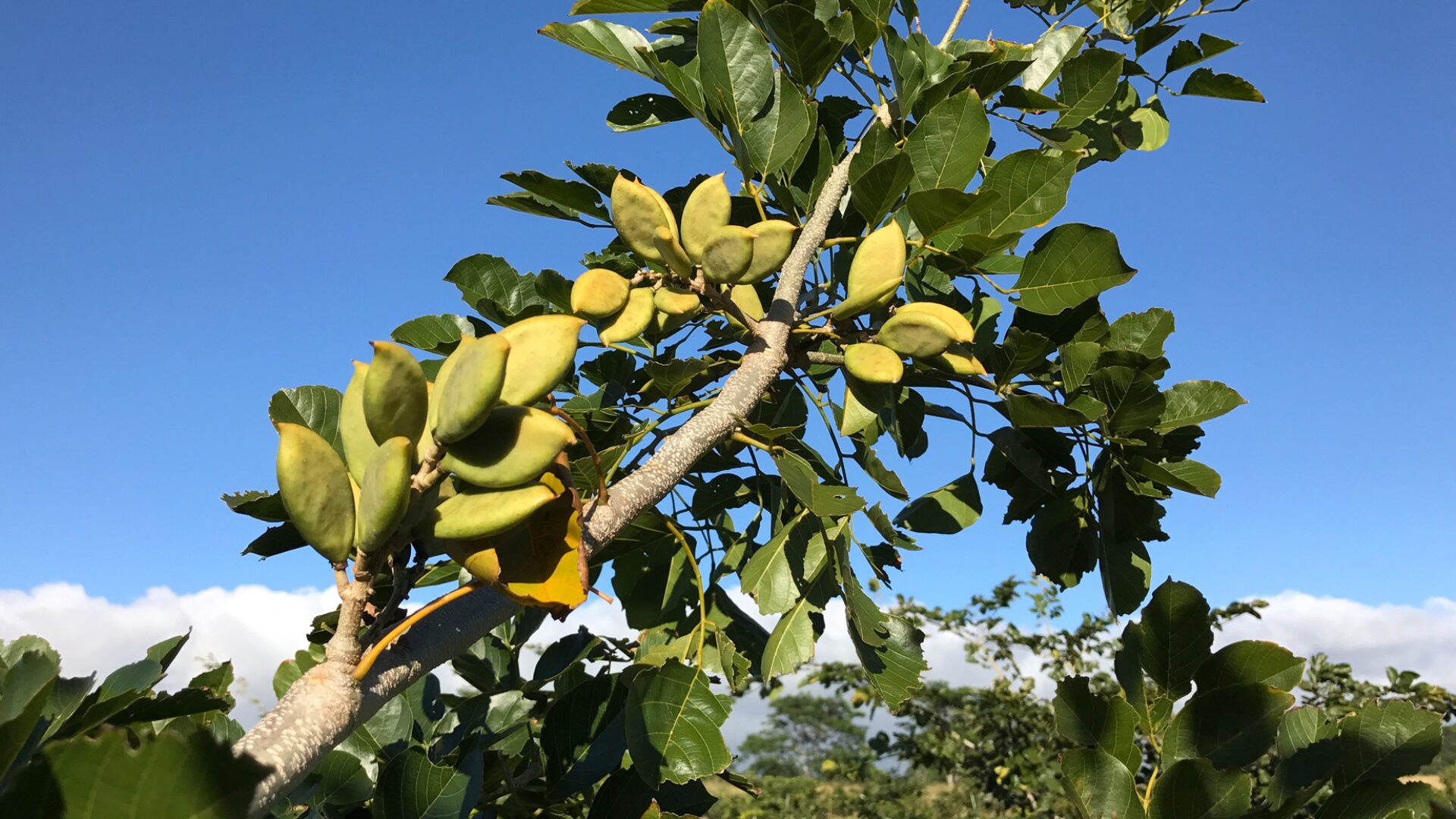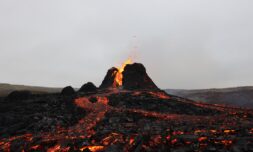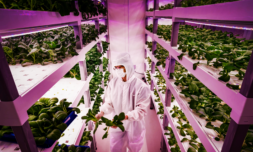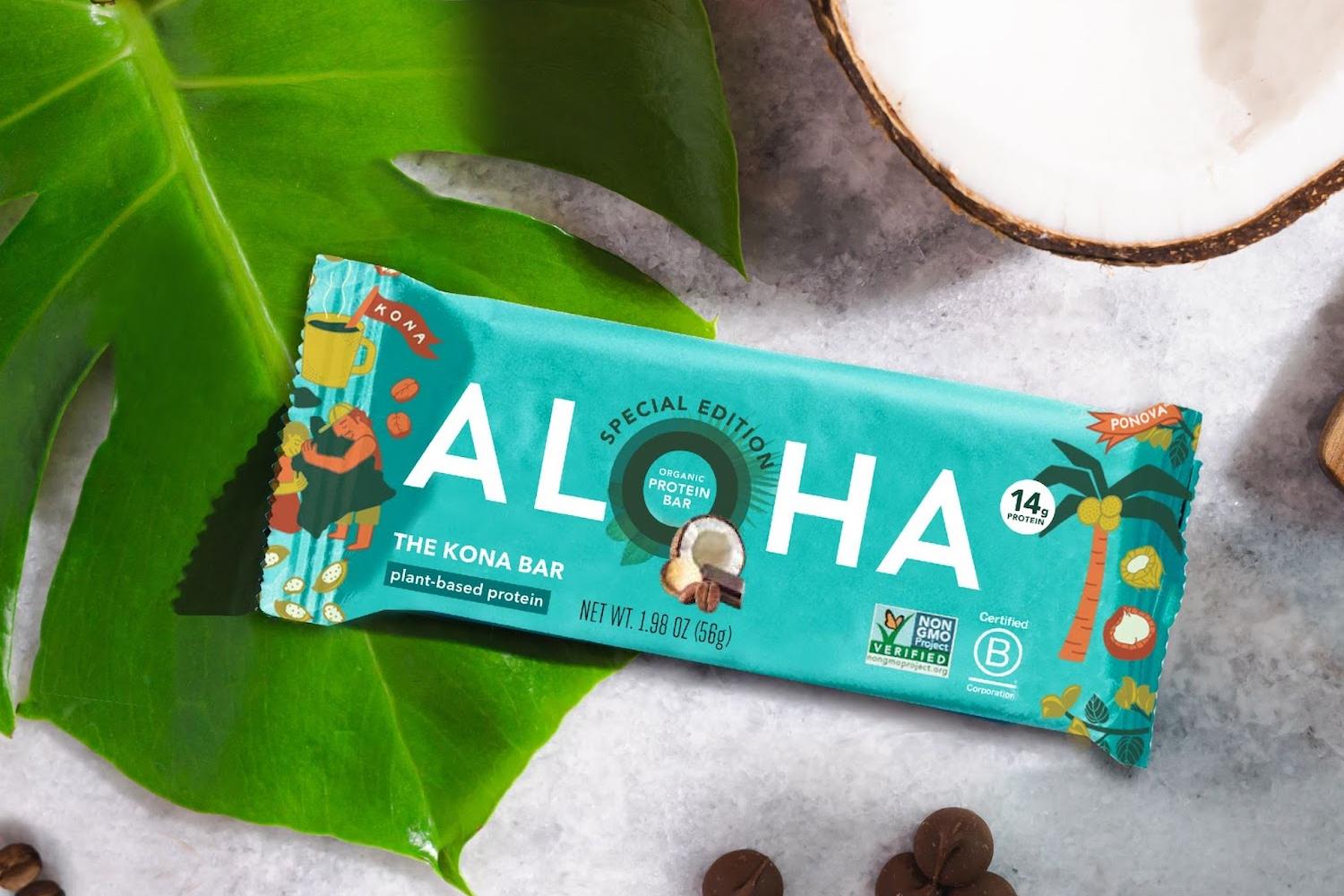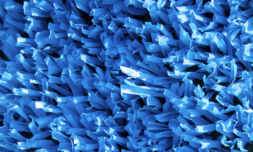Farmers in Hawaii are cultivating the pongamia, a tree that could prevent further clearing of natural rainforests for palm oil and soy plantations. Its resilient nature could offer a huge economic boost to farmers losing out due to land degradation.
Palm oil is known as one of the most environmentally destructive, yet common and easy-to-miss ingredients in food products today.
This elusive and pervasive ingredient has led to the deforestation of 27 million hectares of forestland, which has been cleared to make space for growing. Palm oil is found hidden in a myriad of well-loved food items, from peanut butter to ice cream and even pizza dough.
Soy’s environmental reputation is just as bad.
Protein-rich soybeans are a key ingredient for plant-based dairy and meat alternatives, but the soy crop is water intensive and has also contributed massively to rising deforestation levels over the last decade.
Ironically, it’s not human appetites that are pushing the demand for soybean. At least 77 percent of soy grown today is used to feed livestock! Talk about a moral dilemma for the plant-based community.
Looking to reduce the global reliance on soybeans and palm oil, research teams based in Oahu are turning to the pongamia tree. This climate-resilient and unsuspecting tree offers virtually the same agricultural output – without the massive carbon footprint.











